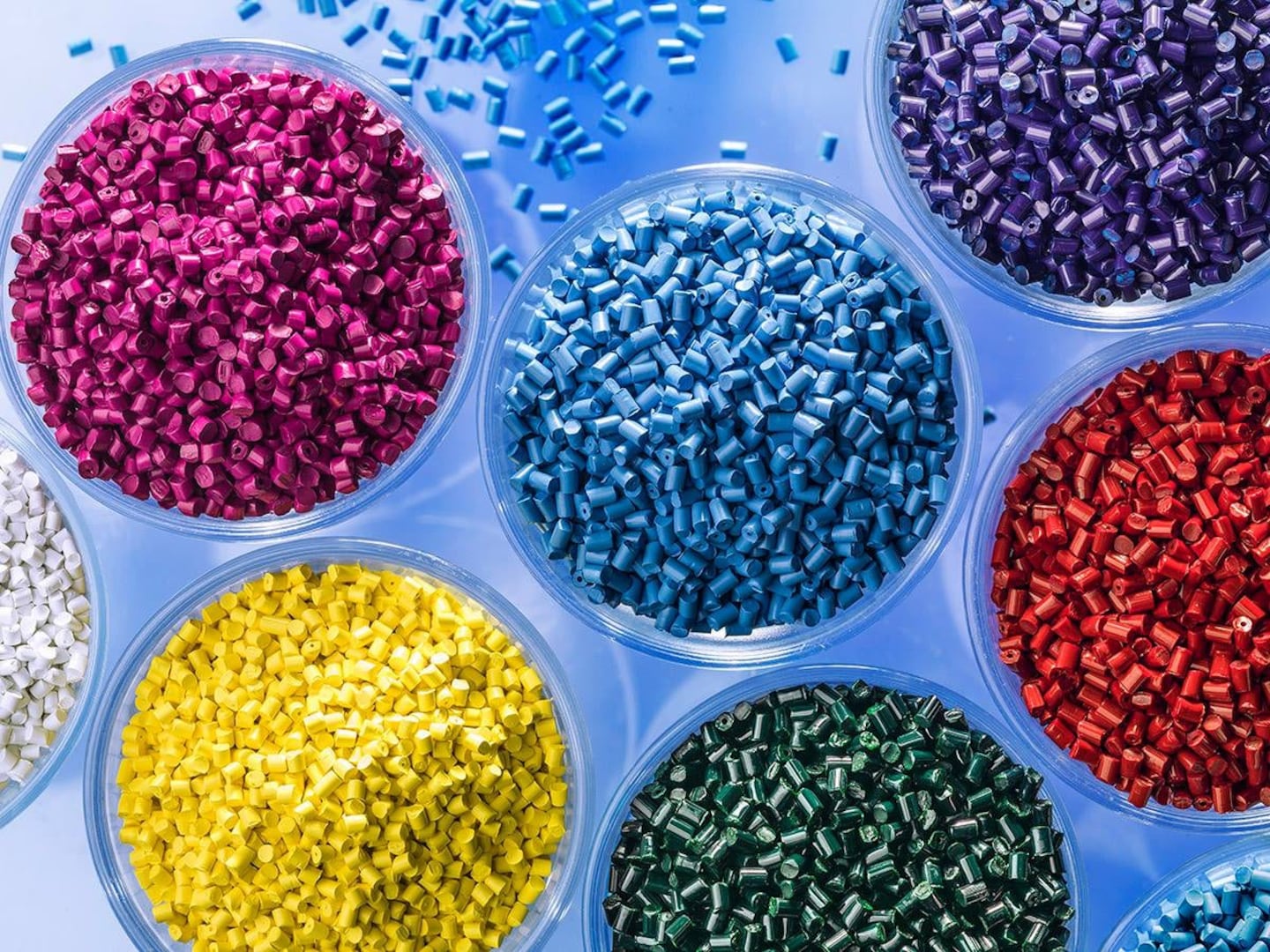
The Business of Fashion
Agenda-setting intelligence, analysis and advice for the global fashion community.

Agenda-setting intelligence, analysis and advice for the global fashion community.

ARCO, Italy — To you, it's a garbage dump. To Italian entrepreneur Giulio Bonazzi, it's the launchpad for a Stella McCartney handbag or a pair of Levi's jeans.
“When I look at a landfill, I see a goldmine,” Bonazzi, the founder and chief executive of nylon manufacturer Aquafil, said in an interview.
As volumes of plastic-based waste reach a tipping point in oceans and trash heaps around the world, Bonazzi’s company is recycling the material and turning it into nylon used to make upscale apparel and accessories.
And with heightened consumer awareness and tougher environmental rules, the chief executive sees unlimited potential for sales of the company’s Econyl thread. The yarn is made from recycled material which may have started life as carpet or industrial plastic, or even part of an abandoned fishing net — an increasingly promising area for recycling.
ADVERTISEMENT
“Consumer demand for new products is almost endless, but the planet’s resources aren’t,” Bonazzi, 56, said. “That’s OK, because we can have both state-of-the-art products and a better environment.”
Check That Label
Check your label: you may already own a swimsuit, workout clothes or casual wear made from Econyl. Adidas AG, Levi Strauss & Co. and Speedo International are just three of the better-known clients using the yarn, according to the company.
Consumers may be more willing than ever to pay premium prices for products made from planet-friendly materials, and Bonazzi says Econyl, which accounts for nearly 40 percent of Aquafil’s fibre sales, is clearly a “top-quality and thus top-margin” product for the company.
That's borne out by the fiber's use by high-end fashion names like Gucci, the chief executive said. The Stella McCartney brand has also said it will stop using virgin nylon by 2020 — and use more Econyl.
Legislation is helping push the trend too. While the European Union made headlines with a ban on consumer items like plastic plates, cutlery and straws beginning in 2021, a less noticed part of the initiative includes dealing with abandoned fishing gear, which represents about 27 percent of marine litter.
A significant number of disused fishing nets are not collected for treatment and, together with single-use plastic products, that poses “a severe risk to marine ecosystems, biodiversity and human health,” according to the text of new EU legislation. Member states should tighten rules to ensure collection and waste management, it says.
That’s where Aquafil comes in, the chief executive said. The company is already benefiting from a “positive announcement effect” from the EU directive, he said, with major fishing-net consumers reaching out to the Arco, Italy-based company on collection and recycling.
ADVERTISEMENT
“While any move in this direction is appreciated, Europe could have been bolder and set stricter goals,” Bonazzi said. “The hope is that individual countries will understand the importance of this measure and act swiftly. Time to save the planet is running out.”
By Chiara Remondini, with assistance from Jonathan Stearns and Andrew Davis; editors: Celeste Perri, Jerrold Colten and Dan Liefgreen.
Traces of cotton from Xinjiang were found in nearly a fifth of samples from American and global retailers, highlighting the challenges of complying with a US law aimed at blocking imports that could be linked to forced labour in China.
The fashion industry continues to advance voluntary and unlikely solutions to its plastic problem. Only higher prices will flip the script, writes Kenneth P. Pucker.
The outerwear company is set to start selling wetsuits made in part by harvesting materials from old ones.
Companies like Hermès, Kering and LVMH say they have spent millions to ensure they are sourcing crocodile and snakeskin leathers responsibly. But critics say incidents like the recent smuggling conviction of designer Nancy Gonzalez show loopholes persist despite tightening controls.